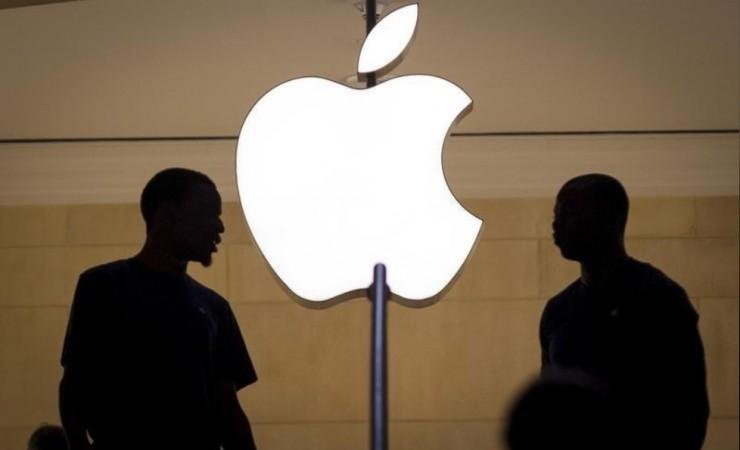
Thousands of dollars were raked in by still unidentified suspects in Singapore after iPhone users, who are using their iTunes account for goods and services, found purchases on their credit card statement that they don't recognise.
Apple Singapore is now looking into a raft of questionable iTunes transactions in the country following the complaints from customers who have reported hundreds and even thousands of charges they did not make. Accounts from DBS, HSBC, POSB, and Oversea-Chinese Banking Corporation (OCBC) were among the affected.
According to OCBC, there were 58 reported cases of fraudulent transactions with their bank in July. Vincent Tan, head of credit cards at OCBC Bank, told Channel NewsAsia that they are in the process of refunding the affected customers under their bank.
Two victims said their credit cards were billed at least SG$7,000 each on iTunes charges. Other victims reported under SG$1,000 unauthorized iTunes transactions. Apple Singapore has nullified the said transactions, and both DBS and HSBC have given a provisional credit for disputed charges.
Apple Singapore is calling all purchases made via iTunes to double check the transactions made and look for unrecognized ones. The store has not yet issued a statement in regards to what might have gone down in the process.
So far, there have been no reports of a similar incident in other countries. However, it is important to be careful with purchases made via iTunes and keep tabs on every transaction made.
On July 17, one victim named Deepan Chakkaravarthi posted a photo of the iTunes transactions on Facebook and detailed his untoward experience that "wiped out" his account balance. A total of SGD700 was drained from his DBS account in six transactions.
Despite iTunes being a secure mode of payment to connect personal bank accounts, it has been the subject of many scams before. On its support page, Apple reminds users to be wary of giving personal information.
"iTunes will never ask you to provide personal information or sensitive account information (such as passwords or credit card numbers) via email."

















